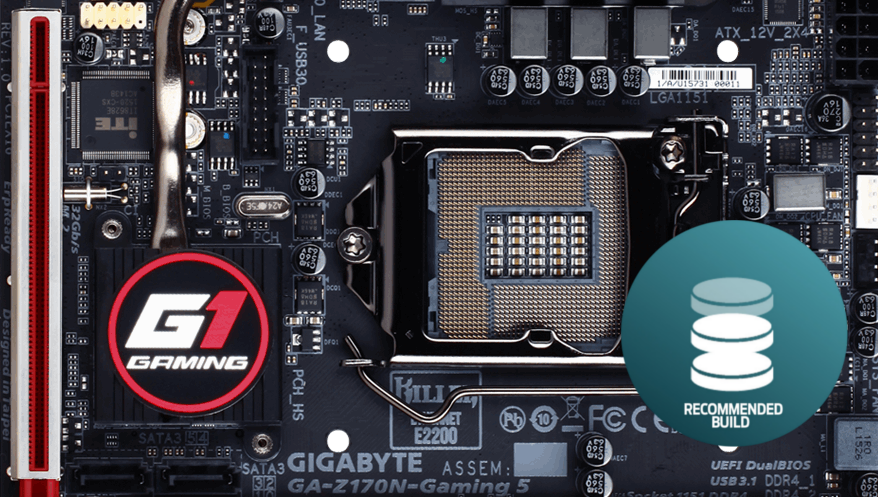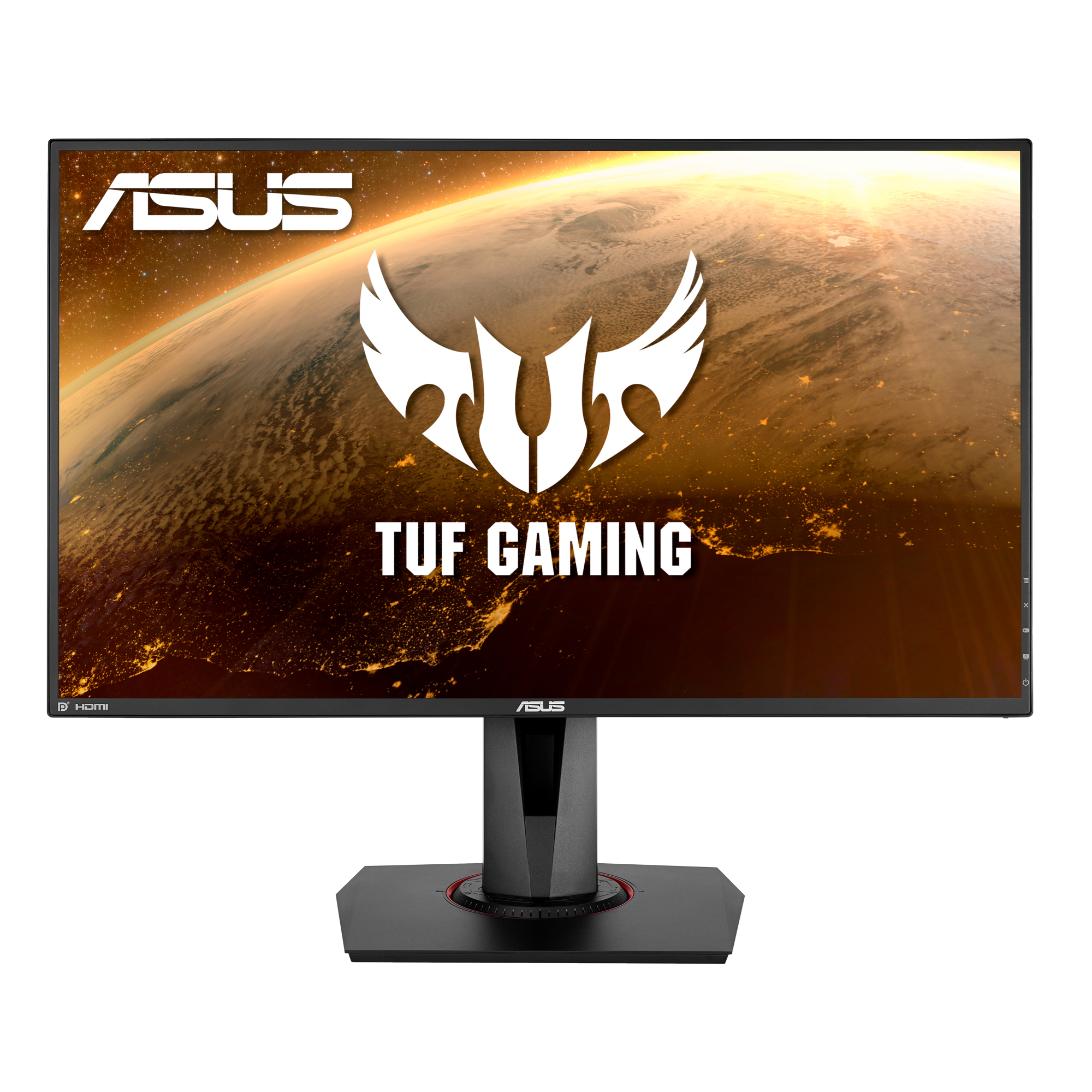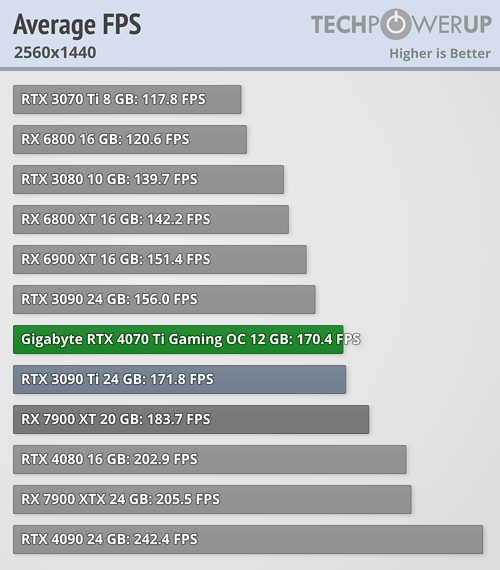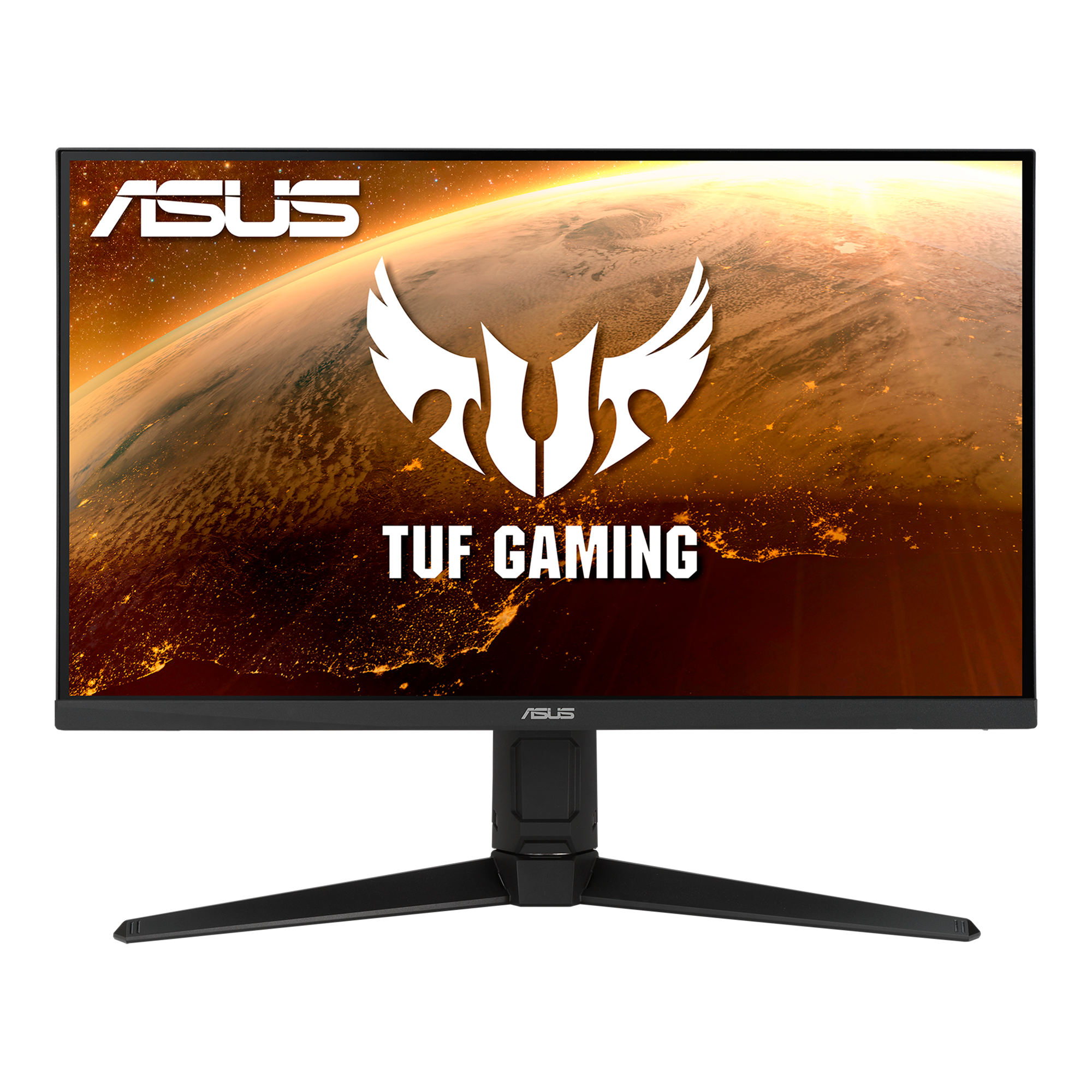Hey Dave, welcome to the forums! If you are completely new to the computer building world, I would recommend this video:
View: https://youtu.be/BL4DCEp7blY
it's long, but it is a great orientation to the world of custom PCs. The best advice I can give is to take your time, do your research, and really understand what you are doing and what you are buying. That will make your experience much more rewarding in the end, trust me! Plus, the learning is part of the fun.
You should watch other build videos on youtube for a variety of perspectives. Channels like Gamers Nexus are great resources for reviews on hardware. Once you start looking at specific parts, read reviews from reputable sites like TomsHardware and AnandTech. And ask questions here

Here is a useful article comparing CPUs on average:
https://www.tomshardware.com/reviews/cpu-hierarchy,4312.html
Here is a useful chart comparing GPUs on average:
https://www.tomshardware.com/reviews/gpu-hierarchy,4388.html
PCPartPicker is a great resource to play around with different component combinations:
https://pcpartpicker.com/
Now here is my very condensed two cents on the current "state of the union" as it were:
Intel and AMD both offer competitive CPUs, and lately they are trading the crown back and forth on which is better for gaming each generation. It's a close race at the moment and we as consumers have several good options in the Ryzen 5, Ryzen 7, i5, and i7 product lines.
AMD and NVIDIA both offer competitive GPUs. NVIDIA tends to have the edge in advanced features like raytracing, while AMD tends to have the edge in raw performance per dollar. You should decide what kind of games you want to play, what resolutions / settings you want to play them at, and what framerates you are hoping to achieve, then we can help point you in the right direction.
16GB of DDR4 RAM is the current "gaming standard", although it's slowly moving towards 32GB and DDR5.
A 1TB NVME SSD is the current standard storage solution.
The case is an aesthetic choice, but airflow is important for cooling.
The power supply should not be neglected. Spending a few extra dollars on a quality unit will give you peace of mind that you are feeding your expensive components with clean, reliable power.
If you've made it this far in my wall of text, congrats! My advice is to use the resources I've listed above and start playing around with a parts list on PCPartPicker, then post it here for feedback!









